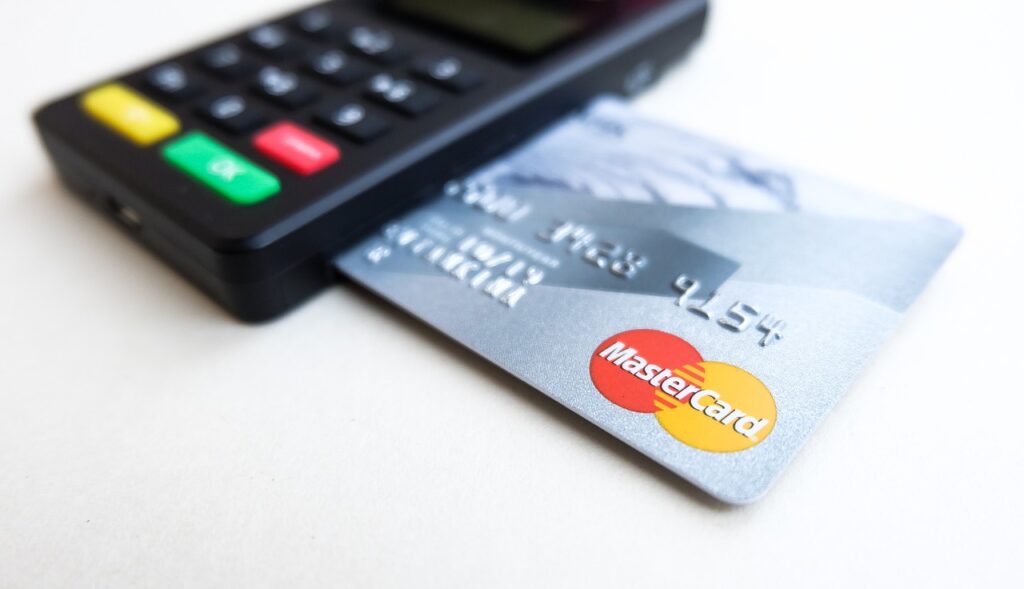
Credit cards are one of the most popular financial tools in the world. They are convenient, widely accepted, and sometimes even come with rewards or cashback. But they also carry risks. For many people, what starts as a way to make payments quickly becomes a debt trap that is hard to escape.
This article will explain how credit cards work, the smart ways to use them, and the common mistakes that lead to financial trouble. By the end, you will know how to benefit from credit cards without falling into debt traps.
How Credit Cards Work
When you use a credit card, you are essentially borrowing money from the bank or financial institution that issued the card. At the end of each billing cycle, you receive a statement showing how much you owe.
You then have two choices:
- Pay the balance in full: You owe nothing more, and no interest is charged.
- Pay the minimum or part of the balance: The rest rolls over into the next month, and you pay interest.
This interest rate is usually high—often between 15% and 25% annually, sometimes even more. That’s why carrying a balance can be so expensive.
The Advantages of Credit Cards
Used wisely, credit cards can be extremely helpful:
- Convenience: Easier than carrying cash and widely accepted online and in stores.
- Rewards and Cashback: Many cards offer points, airline miles, or cash returns.
- Credit History Building: Using a card responsibly helps build your credit score.
- Purchase Protection: Some cards offer insurance on items purchased or protection against fraud.
The Dangers of Credit Cards
On the other hand, credit cards can be dangerous if mismanaged:
- High-Interest Debt: Carrying a balance can quickly spiral into thousands of dollars.
- Minimum Payment Trap: Paying only the minimum keeps you in debt for years.
- Impulse Spending: Easy access to credit encourages unnecessary purchases.
- Credit Score Damage: Late payments or high balances harm your financial future.
Smart Ways to Use Credit Cards
- Always Pay in Full
Treat your credit card like a debit card. Only spend what you already have in your bank account and pay the balance in full each month. - Automate Payments
Set up automatic payments to avoid late fees and protect your credit score. - Use Rewards Wisely
Cashback and points are great, but do not overspend just to earn them. Rewards are only valuable if you avoid interest charges. - Track Your Spending
Many cards provide apps and alerts. Use these tools to monitor your expenses and stick to your budget. - Keep Your Credit Utilization Low
Ideally, use less than 30% of your available credit limit. For example, if your limit is $3,000, keep your balance under $900. - Choose the Right Card
Compare cards before applying. Look at interest rates, annual fees, and reward programs. A card with no annual fee may be better for beginners.
Debt Traps to Avoid
- Relying on Minimum Payments
If you owe $2,000 and only pay the minimum (say $50/month), it could take over 5 years to pay off—while adding hundreds of dollars in interest. - Cash Advances
Withdrawing cash from a credit card comes with fees and immediate high-interest charges. Avoid this whenever possible. - Multiple Cards Without Control
Having several cards can be useful, but if you lose track of balances, it becomes easy to fall into debt. - Ignoring Terms and Conditions
Many people do not read about fees, late charges, or reward rules. Always check the fine print.
How to Get Out of Credit Card Debt
If you already have credit card debt, do not panic. Here are practical steps:
- Stop Using the Card: Avoid adding new charges until the balance is under control.
- Pay More Than the Minimum: Even a small extra payment reduces interest and shortens payoff time.
- Snowball vs. Avalanche Method: Use the debt snowball (smallest balance first) or avalanche (highest interest rate first) strategy.
- Consider a Balance Transfer: Some cards offer 0% interest for a limited period. This can give breathing room if used carefully.
- Negotiate with Your Bank: Sometimes, lenders are willing to lower interest rates or create a repayment plan.
Final Thoughts
Credit cards are not inherently bad. They are simply tools—powerful ones that can either help or hurt your financial situation.
- Used wisely: they build credit, offer rewards, and make life easier.
- Used carelessly: they create expensive debt that is difficult to escape.
The truth about credit cards is balance: spend only what you can afford, pay in full, and treat them as a financial ally rather than a source of “free money.”